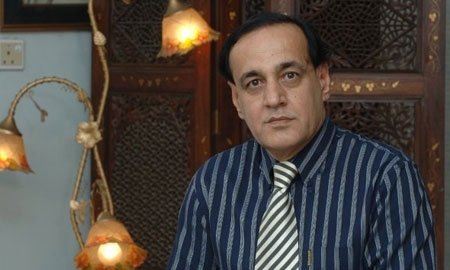Education indeed has the potential to be a powerful engine for progress and prosperity. For Pakistan, improving the education system can drive substantial economic growth, social development, and national unity. To achieve this, a combination of strategic policies, political will, and societal involvement is essential. Here are a few key areas where Pakistan can reform its education system. Ensure that every child, regardless of gender, economic status, or geographic location, has access to quality education. We need to place special emphasis on rural and underserved areas, where education infrastructure is often weak. Strengthen policies that make education not only free but also compulsory for children between certain age ranges, to combat child labor and early marriages. Teachers should be provided with continuous professional development and training. High-quality teachers are a key determinant of student success. Introducing modern teaching techniques, digital tools, and inclusive practices will boost educational outcomes. The curriculum modernizing on a regular basis to reflect global changes and local realities is necessary. It should focus not just on rote memorization but also on critical thinking, creativity, and problem-solving skills. In addition to traditional academic streams, vocational and technical education promotion is essential to align students’ skills with the demands of the job market reducing unemployment and fostering innovation. Many regions in Pakistan still lack basic school infrastructure, such as classrooms, toilets, and electricity. The government should prioritize building and renovating schools in rural and underserved areas. Leveraging technology for education can bridge the gap in remote areas, especially through e-learning platforms and digital classrooms. We need to expand the recent emphasis on digital education post-pandemic to integrate technology into all levels of learning. In some parts of Pakistan, parents still keep girls out of school due to cultural norms or economic constraints. Policies should focus on eliminating barriers to girls’ education and ensuring safety, dignity, and equal opportunities for them. Engage communities to raise awareness about the importance of educating girls, particularly in rural and conservative areas. Parents and local leaders must be included in decision-making processes to overcome resistance. Pakistan’s public expenditure on education is among the lowest in the world. A significant increase in government spending on education will help improve infrastructure, teacher salaries, and educational resources. Collaboration with the private sector can bring in innovation and resources. Encouraging private institutions to complement public education, especially in areas like vocational training and e-learning, could broaden educational access. Universities and educational institutions should focus on research to find innovative solutions for local challenges in education, such as dropout rates, quality of learning, and integration of marginalized communities. Encouraging creativity and research from an early age can instill a culture of innovation. Supporting science, technology, and arts education will foster the next generation of engineers, doctors, artists, and entrepreneurs. Allow schools more autonomy in terms of management and decision-making, such as hiring teachers or allocating resources. This can lead to more context-specific solutions to educational challenges. Empower local governments to implement educational reforms based on regional needs. Localized solutions are often more effective in addressing specific challenges, like language barriers or cultural sensitivities. Regular assessment of student performance, teacher evaluations, and feedback mechanisms can help improve quality control and ensure that reforms are making a tangible difference. Strong accountability structures at both administrative and grassroots levels are necessary to prevent misuse of educational funds and ensure that policies’ execution takes place effectively. By prioritizing these reforms and investing in human capital, Pakistan can unlock the potential of its youth, transform its economy, and build a brighter future. Education is indeed the cornerstone of progress, and with sustained efforts, Pakistan has the opportunity to create a more prosperous, equitable, and innovative society.
Fixing Pakistan’s Tax System
THE tax bureaucracy appears to have convinced the government that it can boost revenues simply by taking harsher enforcement measures....
Read more







